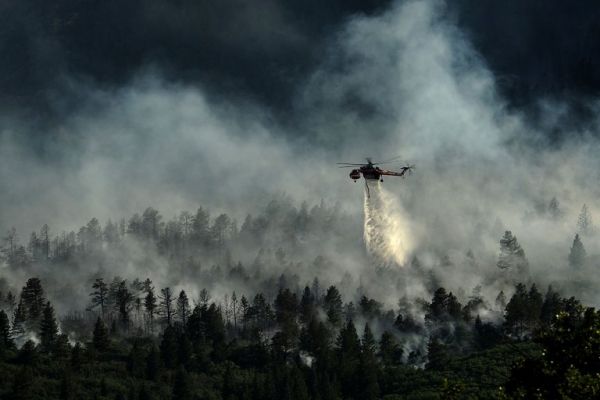The dataset, called Agriculture-Vision, will enable agricultural pattern analysis of aerial images, providing farmers with actionable insights into the performance of their crops to improve decision-making and maximize yields.
Until now, there has been a dearth of high-quality agricultural image datasets, due in part to the large image size required to capture many acres of land, as well as the difficulty of recognizing patterns that do not occur consistently across large areas. Researchers from UIUC and the University of Oregon worked with Intelinair to develop new computer vision techniques that solve complex pattern recognition problems through deep learning methods.
“Next-gen farming has to be data-driven,” said CSL’s Naira Hovakimyan, the W. Grafton and Lillian B. Wilkins Professor of Mechanical Science and Engineering at Illinois and co-founder and chief scientist of Intelinair. “By automating the process of frequent high-resolution data collection and using the data in predictive modeling through deep learning algorithms, we’re advancing to the stage where conditions on any farm can be forecasted in the same way as weather forecasts, for example. It is just one click away.”
Not since the mid-20th century, when scientists learned how to increase yields by manipulating crop genomes and the wide use of pesticides was introduced, has a new technology shown so much promise. AI is already being used to automate farming processes and collect data on field conditions. However, ag-related visual pattern recognition has progressed slowly, in part because of a lack of large-scale and high-quality datasets.
Continue reading at University of Tennessee Knoxville
Image via University of Tennessee Knoxville


